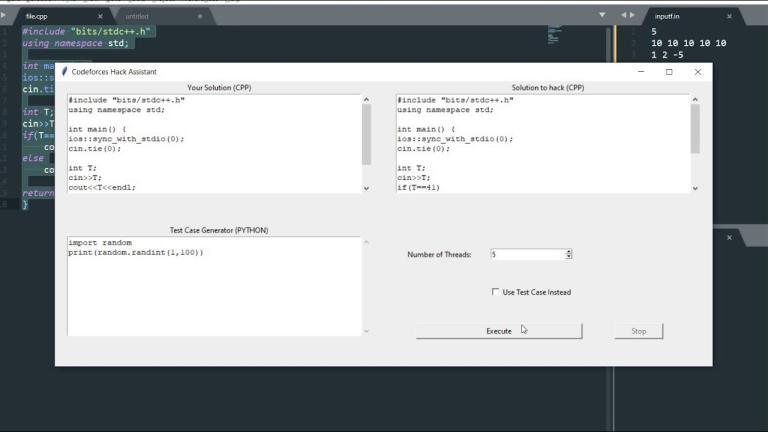Hi Everyone, I encountered this subproblem in a problem.
Suppose we are given an array of integers of size N and want to generate subsets of size K from it. I used this simple backtracking approach to generate the combinations of size K.
I was wondering if there is a possible approach to do this by using bits, a simple approach is generating all subsets and processing only the ones that have size K, but in this, we have to generate all 2N subsets.
Is there a way to do this using bits without generating all the possible subsets?.











